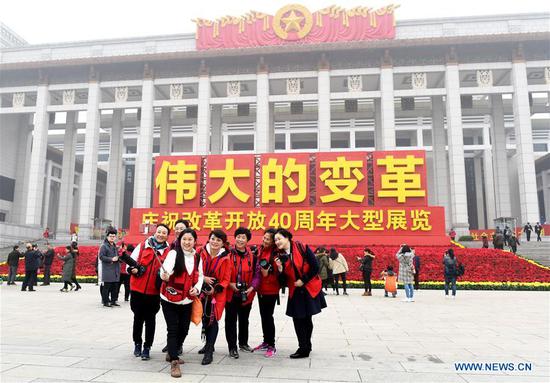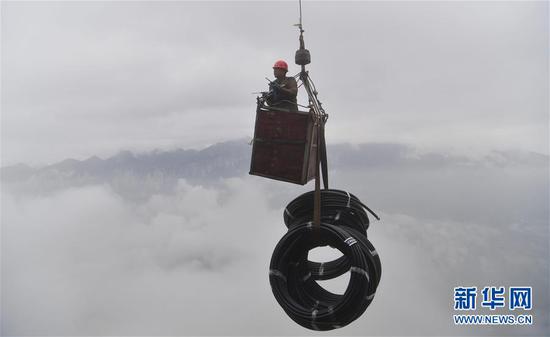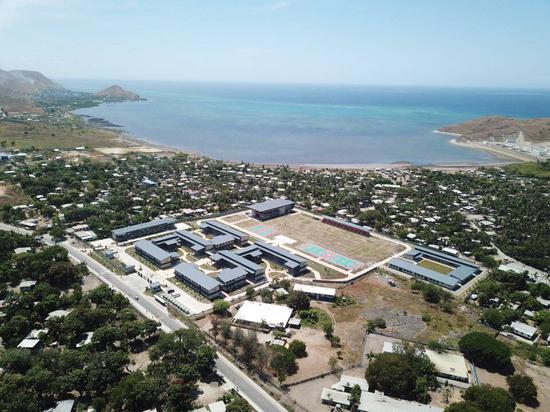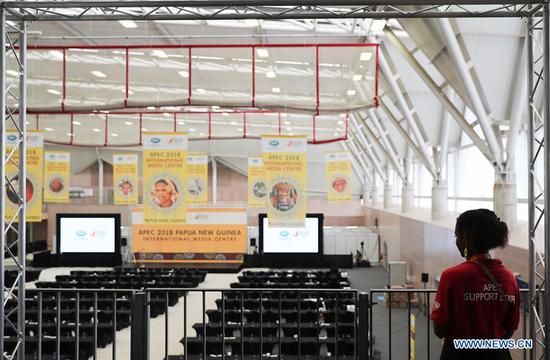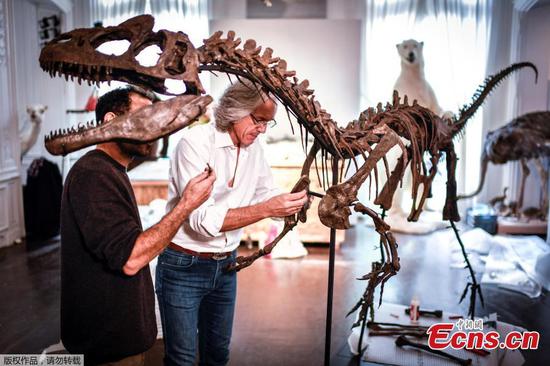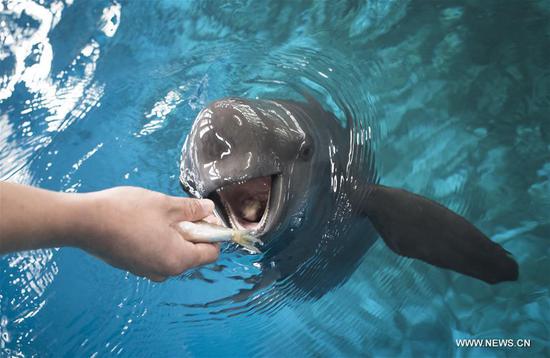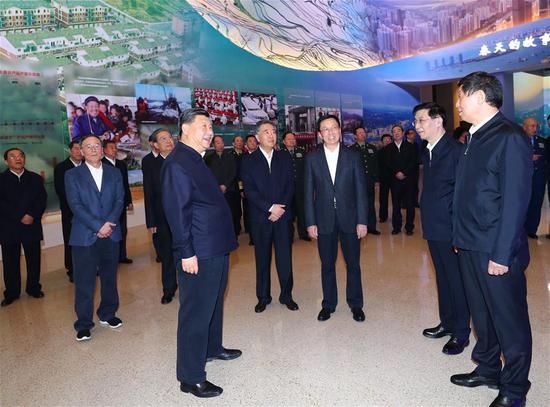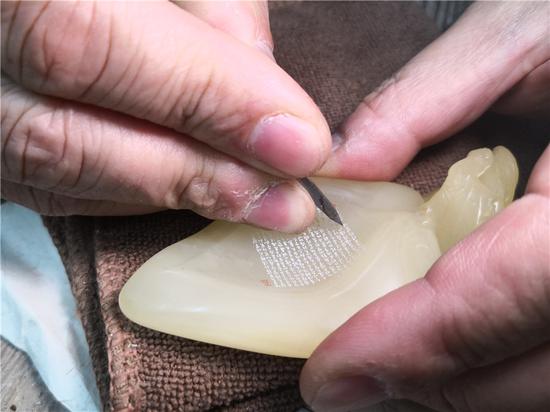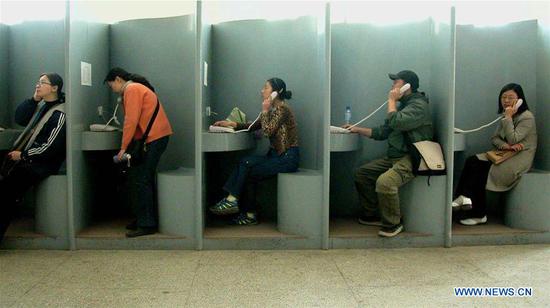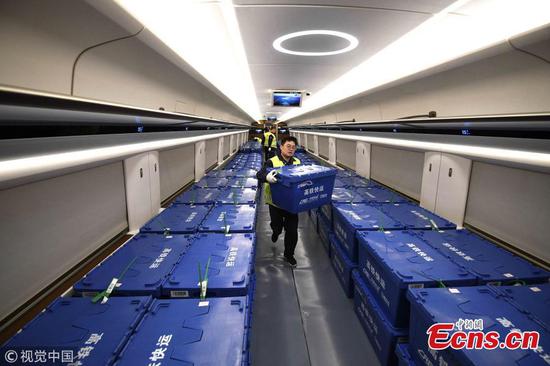The structure of China's outbound investment has been continuously optimized, with "irrational" overseas acquisitions of assets in industries ranging from real estate to hotels and entertainment effectively restrained, an official of the Ministry of Commerce (MOFCOM) said on Thursday.
"There were no additional investment projects in real estate, sports or entertainment in the first 10 months of this year," Gao Feng, a ministry spokesperson, told a regular briefing.
During the 10-month period, outbound investment mainly flowed into such sectors as the leasing and commercial services, which accounted for 32.6 percent of the total, as well as manufacturing (17 percent) and mining (9.4 percent), said Gao.
Outbound non-financial direct investment went to 4,905 overseas companies in 155 countries and regions, with a total value of $89.57 billion, up 3.8 percent from the previous year, according to the ministry.
Since July 2017, China has cracked down on overseas asset acquisitions in some fields, a policy that has directly caused non-financial outbound direct investment to fall.
A document released by the State Council, China's cabinet, in August 2017 said that overseas investment in real estate, hotels, cinemas and entertainment would be limited, while investment in sectors such as gambling would be banned.
Chinese investors put $120 billion into 6,236 enterprises in 174 countries and regions last year, a 29.4 percent drop year-on-year, MOFCOM figures showed.
Bai Ming, a research fellow at the Chinese Academy of International Trade and Economic Cooperation, told the Global Times on Thursday that the curb on "irrational" ODI is unlikely to be eased in the short term.
Bai said that it's crucial to distinguish between sectors where investment should be welcomed and those that are "insignificant" and full of potential risks.
"Otherwise, some good projects will be missed, while 'restrained' ones actually become 'banned' ones," Bai noted.
In terms of inbound FDI, there were 49,545 new foreign companies in China during the first 10 months, up 89.3 percent year-on-year. Foreign investment reached $107.66 billion, up 6.5 percent.
South Korea was the top foreign investor in China, with an increase of 36 percent in value, followed by Japan with 24 percent and the US with 4.1 percent, MOFCOM said.

















